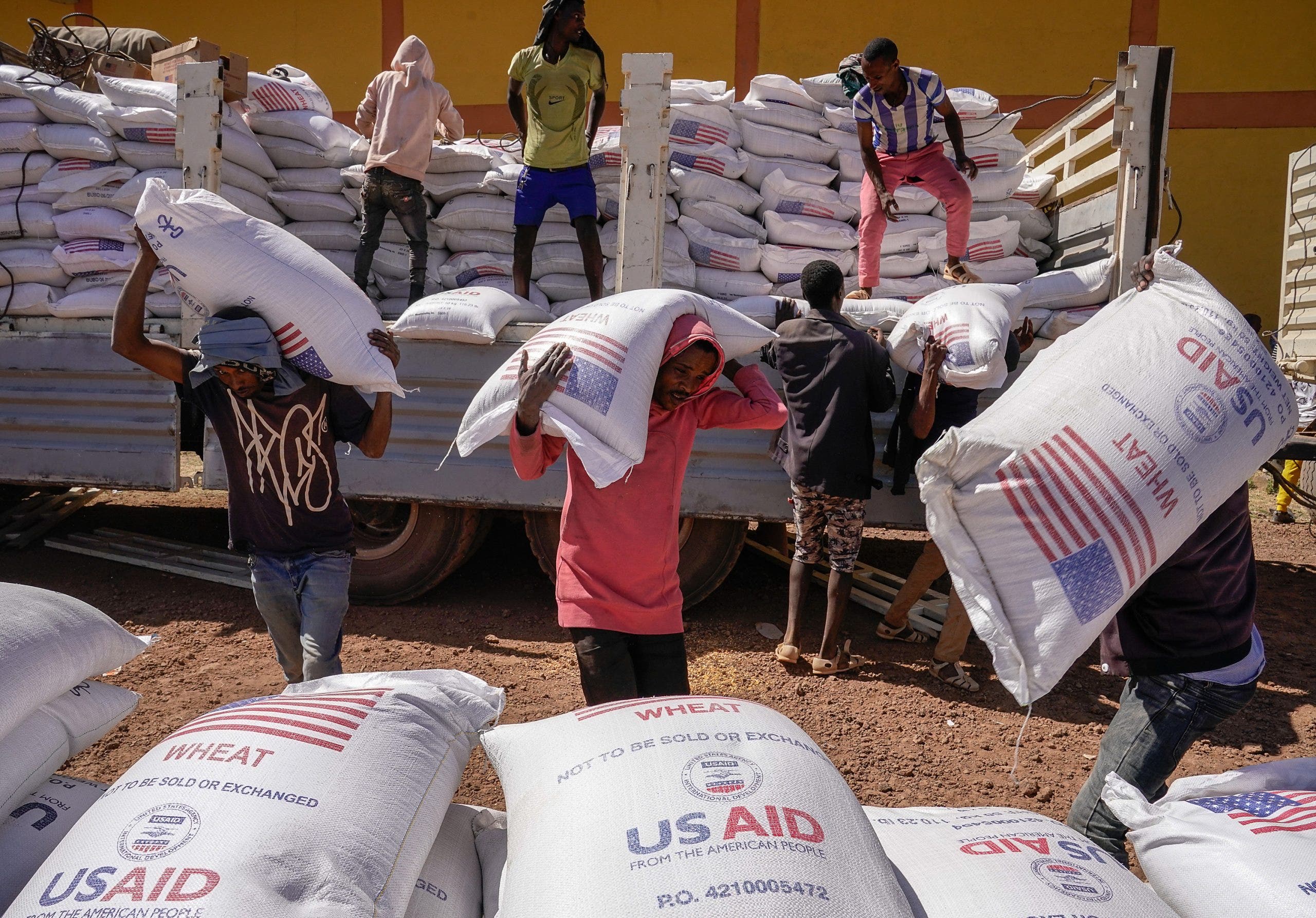Analysts weigh in on Trump aid cuts to Africa

The key to Africa’s future lies in increasing trade with the United States, rather than relying on aid, according to key analysts who spoke to Fox News Digital in the aftermath of President Donald Trump’s decision to freeze foreign aid.
Frans Cronje, an advisor for the Yorktown Foundation for Freedom based in South Africa, highlighted that trade between the U.S. and Africa far surpassed aid dollars exchanged. In 2024, while $11 billion of USAid funds were reportedly spent in Africa, trade between the U.S. and Africa during the same period amounted to $71.6 billion, according to the Office of the U.S. Trade Representative.
Cronje emphasized that aid, while well-intentioned, often fails to address the root causes of poverty in Africa. He argued that aid acts as a subsidy to corrupt governments, allowing them to remain in power without implementing necessary reforms. In contrast, trade requires reforms and improved governance, making it a more sustainable solution for building strong relationships between the U.S. and Africa.
Senator Ledama Olekina of Kenya echoed these sentiments, stating that Kenya does not need aid and can thrive independently. He emphasized the importance of self-reliance, eliminating corruption, and fostering a spirit of patriotism to build a brighter future for the country.
Anna Mahjar-Barducci, a senior research fellow at the Middle East Media Research Institute, criticized foreign aid for perpetuating dependency and enriching corrupt governments rather than directly benefiting the population. She argued that aid discourages entrepreneurship and economic development, ultimately exacerbating poverty in recipient countries.
Many African intellectuals have welcomed the Trump administration’s shift away from foreign aid, viewing it as an opportunity to redefine development strategies and prioritize direct investments, innovation, and local empowerment. By promoting trade over aid, African countries can assert their sovereignty and pursue sustainable economic growth.
Meanwhile, China has emerged as a major player in Africa through its Belt and Road Initiative, investing over $700 billion in infrastructure development on the continent. Chinese trade with Africa has surged in recent years, surpassing levels of trade between the U.S. and Africa. Chinese investment in Africa has raised concerns about unequal trade deals and exploitation of natural resources.
In light of China’s growing influence in Africa, Cronje emphasized the importance of the U.S. prioritizing trade and investment to build strong economic and diplomatic relations with the continent. By focusing on trade rather than aid, the U.S. can help build sustainable African economies without burdening American taxpayers.
Overall, the consensus among analysts is clear – trade, not aid, is the key to unlocking Africa’s potential and fostering mutually beneficial partnerships with the United States. As American policymakers navigate the economic landscape of Africa, prioritizing trade over aid will be essential for securing long-term prosperity and stability in the region.




